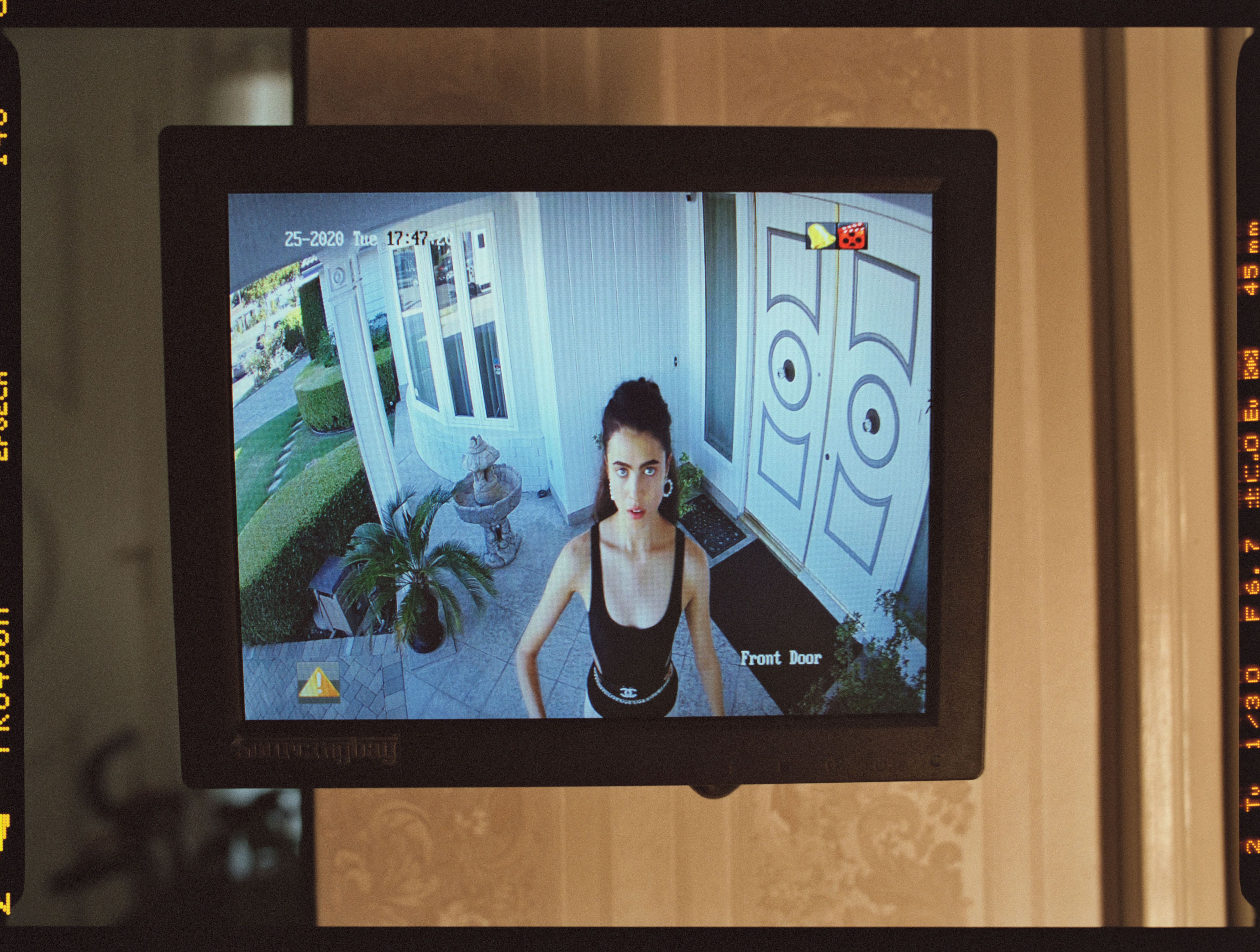ADVERTISEMENT
SUPEREGO
Here’s How to Come Up With Passwords That Are Impossible To Guess
bill-swift - July 25, 2012
I think it's safe to say that a good number of us have had our passwords guessed by people we know, simply because they're so predictable. Using your middle name? The name of your significant other? Or even your birthday? It sounds pretty stupid to use these combinations for a password, but most people don't really give much thought to them when they're signing up for online user accounts.
Researchers from Stanford University are well-aware of this fact, which is why they came up with an ultra-cool (and semi-fun) system to help people use passwords they don't even know, by way of a simple game.
Researchers Hristo Bojinov, Dan Boneh, Daniel Sanchez, Paul Reber, and Patrick Lincoln used the concept of implicit learning as the basis for their game. Yeah, it doesn't sound like much fun, but at least it's pretty useful and will really help you come up with passwords that are secure.
The game starts out by planting a password into the user's head. The player must intercept falling objects by pressing their corresponding keys. Without the user's knowledge, during the 30-45 minute game time, a sequence of 30 positions is repeated over 100 times.
It's all based on repetition, but it's pretty amazing what the human brain can accomplish. The game's not available for the general public (but hopefully it will be, soon) so here are a couple of tips to help you come up with passwords that are nearly impossible to guess:
1. Use a mix of letters, numbers, and random characters. I think this part is pretty self-explanatory.
2. Change it up! You probably have a bunch of accounts that require passwords, so change a few characters here and there that are easy to keep track of.
3. Avoid the obvious. By this, we mean don't use your name, your parent's name, your girlfriend's name, your pet's name, your birthday, your favorite sports team--you get the picture.
4. Don't make it too long or too short. It's a general recommendation to have a password that's at least 8 characters and at most 16 characters long.
5. Make it easy to remember--for yourself. Use sequences or codes that are meaningful to you. And make sure you're the only one who knows it.
Session expired
Please log in again. The login page will open in a new tab. After logging in you can close it and return to this page.




